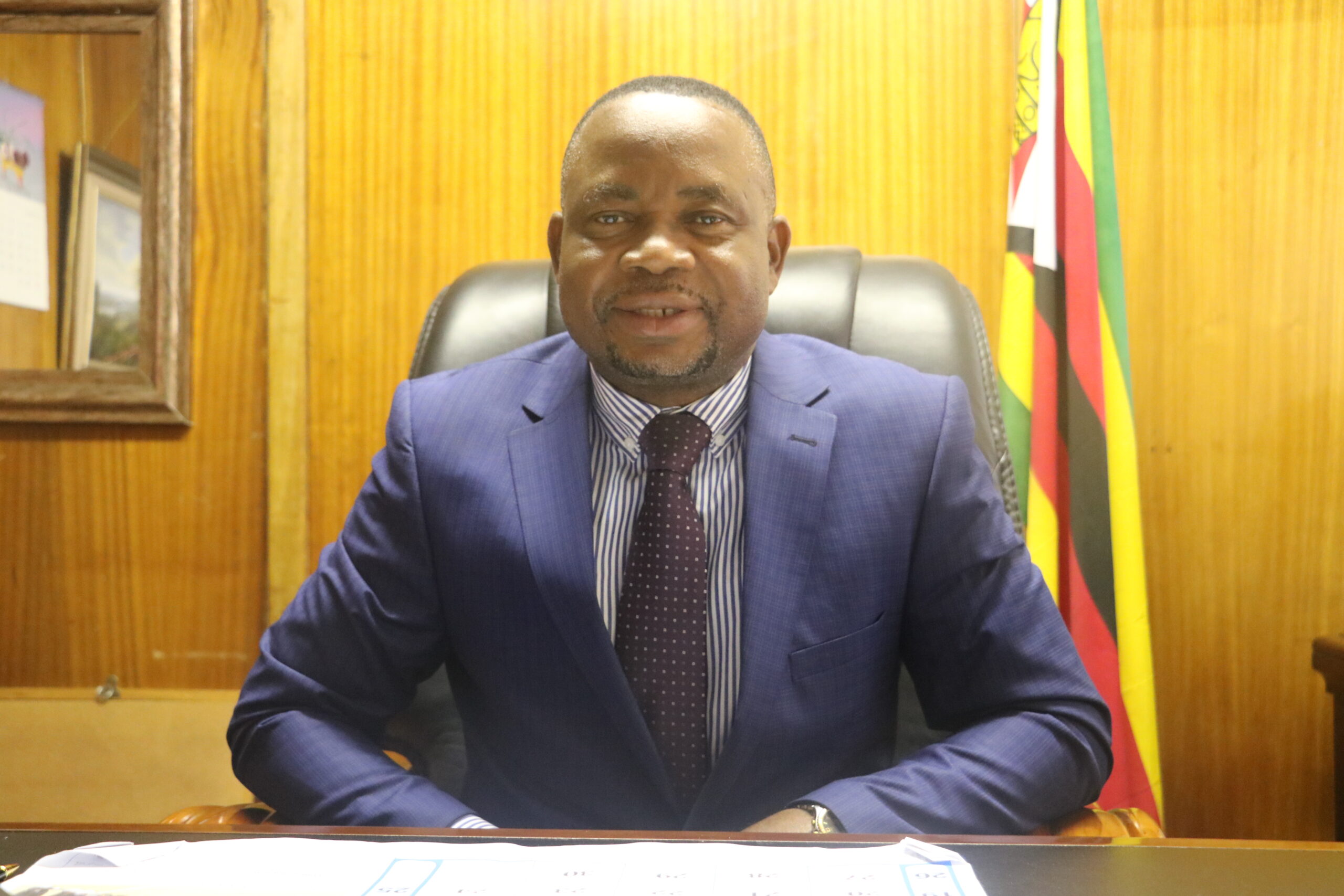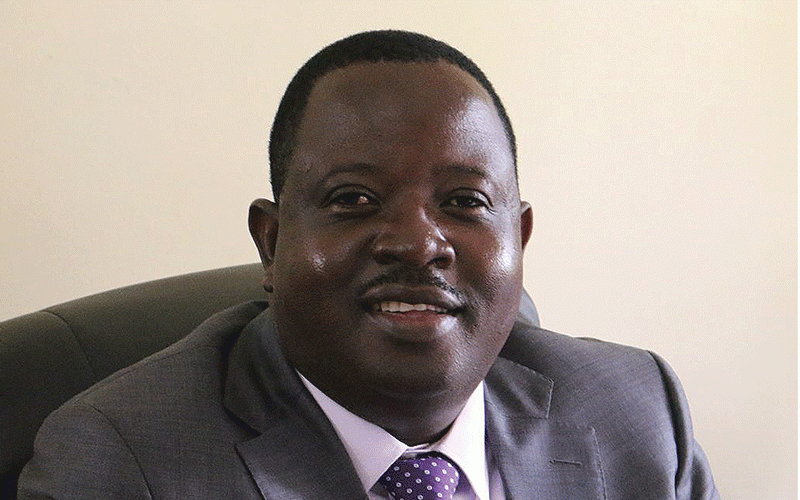
BY LORRAINE MUROMO GOVERNMENT says it plans to establish bilateral relations on migration with the international community to ensure safety of refugees and migrants.
Through this, Zimbabwe also hopes to guide those seeking jobs in foreign lands not to fall prey to human traffickers.
The International Organisation for Migration (IOM) recently said many Zimbabwean job seekers were falling prey to human traffickers masquerading as employment agents.
Addressing delegates during the launch of the Migration Statistics and the Recognition of the Migrants Skills Project in Harare yesterday, Public Service minister Paul Mavima said the country had already established relations with Rwanda to export professionals such as teachers.
He said Zimbabweans and foreign migrants were abused in different countries due to lack of information.
“The international migration policy is already in place and was launched by President Emmerson Mnangagwa in 2019. It is a policy that guides us on how we should manage the migration of our citizens going out and citizens from other countries coming into Zimbabwe, “Mavima said.
“We have completed bilateral relations with Rwanda where we are going to send mainly people in the teaching profession to that country, but they have said they now want more teachers. They also want artisans of various kinds and people who can start their technical and vocational training centres.”
Zimbabwe hopes to establish migrant bilateral relations with countries such as Qatar and Kuwait in the Middle East to avoid cases of human trafficking.
- Chamisa under fire over US$120K donation
- Mavhunga puts DeMbare into Chibuku quarterfinals
- Pension funds bet on Cabora Bassa oilfields
- Councils defy govt fire tender directive
Keep Reading
“People tend to be ill-treated if there is no involvement of the government, so these bilateral agreements are important for the protection of the citizens,” he said.
Home Affairs deputy minister Ruth Mavhunga Maboyi said: “It is a must for players and actors in migration governance, both in public and civic sectors, to strive to understand this phenomenon in order to respond appropriately through evidence based policies.”











